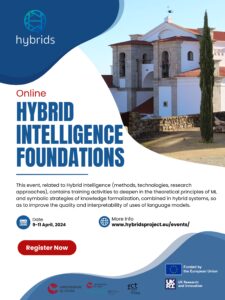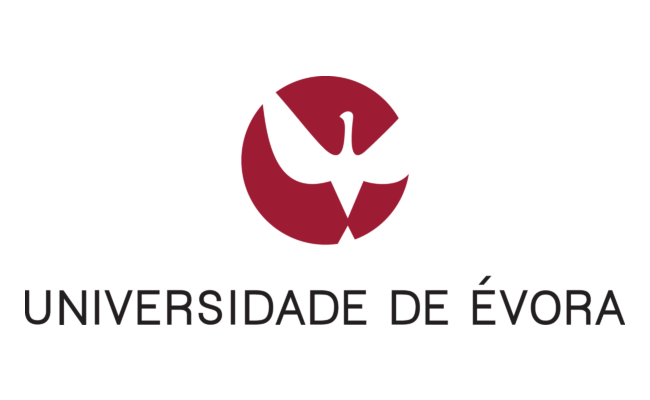
Hybrid Intelligence Foundations
This event, related to Hybrid Intelligence (methods, technologies, research approaches), contains training activities to deepen in the theoretical principles of ML and symbolic strategies of knowledge formalization, combined in hybrid systems, so as to improve the quality and interpretability of uses of language models.
Who should attend and why?
This event is ideal for professionals and researchers interested in Hybrid Intelligence and its applications. Whether you are an expert in machine learning (ML), symbolic strategies of knowledge formalization, or hybrid systems, this event offers valuable insights and training activities to deepen your understanding.
Attendees will benefit from:
- Learning about the principles of ML and symbolic strategies of knowledge formalization
- Gaining insights into hybrid systems and their applications in various domains.
- Improving the quality and interpretability of language models.
- Networking opportunities with peers and experts in the field.
- Access to cutting-edge research and methodologies in Hybrid Intelligence.
Whether you are a seasoned researcher or just starting your journey in this field, this event provides a platform for knowledge exchange, skill enhancement, and collaboration. Join us to explore the latest advancements in Hybrid Intelligence and contribute to the ongoing dialogue in this domain.
Click here to download the Full Programme. Please note that all times indicated are in Portuguese Time (GMT+1).
Registration
Registration for online attendance is free of charge but mandatory. Please note that the deadline for registration is until April 3, 2024.
Registration is closed.
Hourly Schedule
Day 1: Tuesday, April 9
- 14:30 - 15:30
- Large Language Models
- Some of the main challenges, threats and opportunities in the area of AI and Natural Language Processing will be discussed, namely with the creation and use of LLM (Large Language Models). A special focus will be placed on the (many) capabilities and the (also existing) limitations of systems based solely on LLMs, highlighting research opportunities and open challenges. In addition, some of the developed and ongoing projects in the area of NLP in the group "VISTA Lab -- Video, Image, Speech, and Text Analysis Lab" of the Algoritmi Research Center at the University of Évora will be presented.
-
Speakers:
Paulo Quaresma
- 15:30 - 16:00
- COFFEE BREAK
- 16:00 - 17:30
- Foudations on Ontology Building from Texts
-
Speakers:
Cassia Trojahn, Renata Vieira
Day 2: Wednesday, April 10
- 9:15 - 9:30
- Welcome, presentation of the work plan for the day
- 9:30 - 11:00
- Advanced machine learning algorithms for social and humanistic research
-
Speakers:
Gaël DIAS (University of Caen Normandy)
- 11:00 - 11:30
- COFFEE BREAK
- 11:30 - 12:30
- FAIR Data
-
Speakers:
Cassia Trojahn
- 12:30 - 13:00
- Discussion
- 13:00 - 14:30
- LUNCH
- 14:30 - 16:00
- NLP for the detection of hyperpartisanship. Possible applications for the business world.
- We will first look at linguistic approaches to the creation of public opinion in the news and also at its most inflated expression: hyperpartisanship. We will study different NLP techniques that could be applied to the automatic detection of hyperpartisanship (sentiment analysis, opinion mining, NER detection, etc.) and how this may vary from one language to another. Finally, we will see how this information can be useful for the business world.
-
Speakers:
José Ramom
Day 3: Thursday, April 11
- 10:15 - 10:30
- Welcome, presentation of the work plan for the day
- 10:30 - 12:00
- NLP for the detection of hyperpartisanship. Possible applications for the business world.
- We will first look at linguistic approaches to the creation of public opinion in the news and also at its most inflated expression: hyperpartisanship. We will study different NLP techniques that could be applied to the automatic detection of hyperpartisanship (sentiment analysis, opinion mining, NER detection, etc.) and how this may vary from one language to another. Finally, we will see how this information can be useful for the business world.
-
Speakers:
José Ramom
- 12:00 - 12:30
- Discussion
- 12:30 - 14:30
- LUNCH
- 14:30 - 16:00
- Discourse Analysis Foundations
- The workshop starts with an overview of the discourse analysis basic concepts and the different academic schools and methods of representation that have traditionally treated discourse as a source for their research, addressing aspects such as monologue versus conversation, synchronous versus asynchronous conversation, key linguistics structures in discourse analysis and their semi-automatic and automatic support. The different approaches will be illustrated with examples on the topics addressed in the different HYBRIDS case studies: immigration, euroscepticism, health and climate emergency. Subsequently, we will work practically on how detect the role of discourse on each of the projects within HYBRIDS and reserach strategies around discourse.
-
Speakers:
Beatriz Calderón Cerrato, Patricia Martín
- 16:00 - 16:30
- COFFEE BREAK
- 16:30 - 17:00
- General Discussion
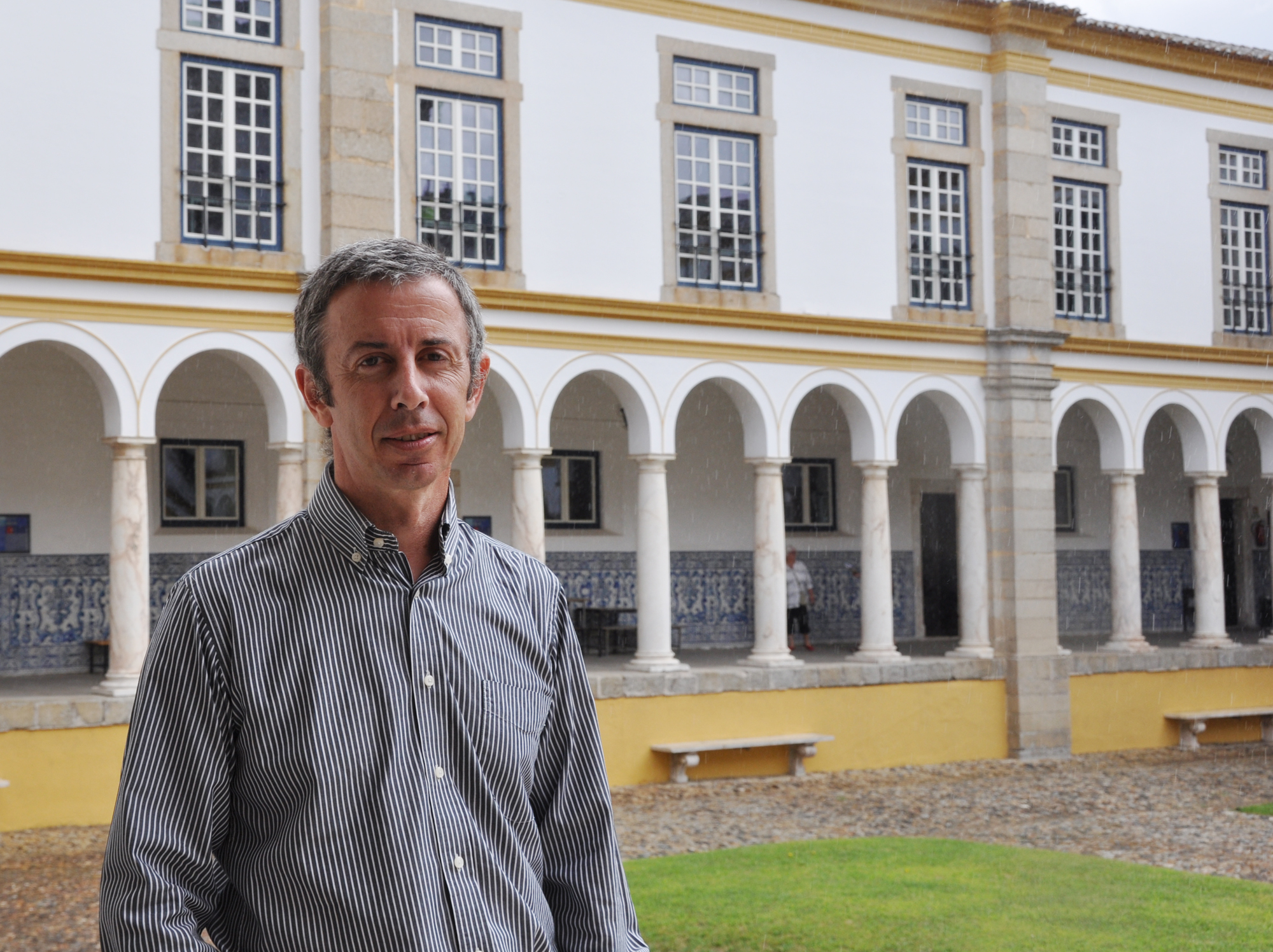
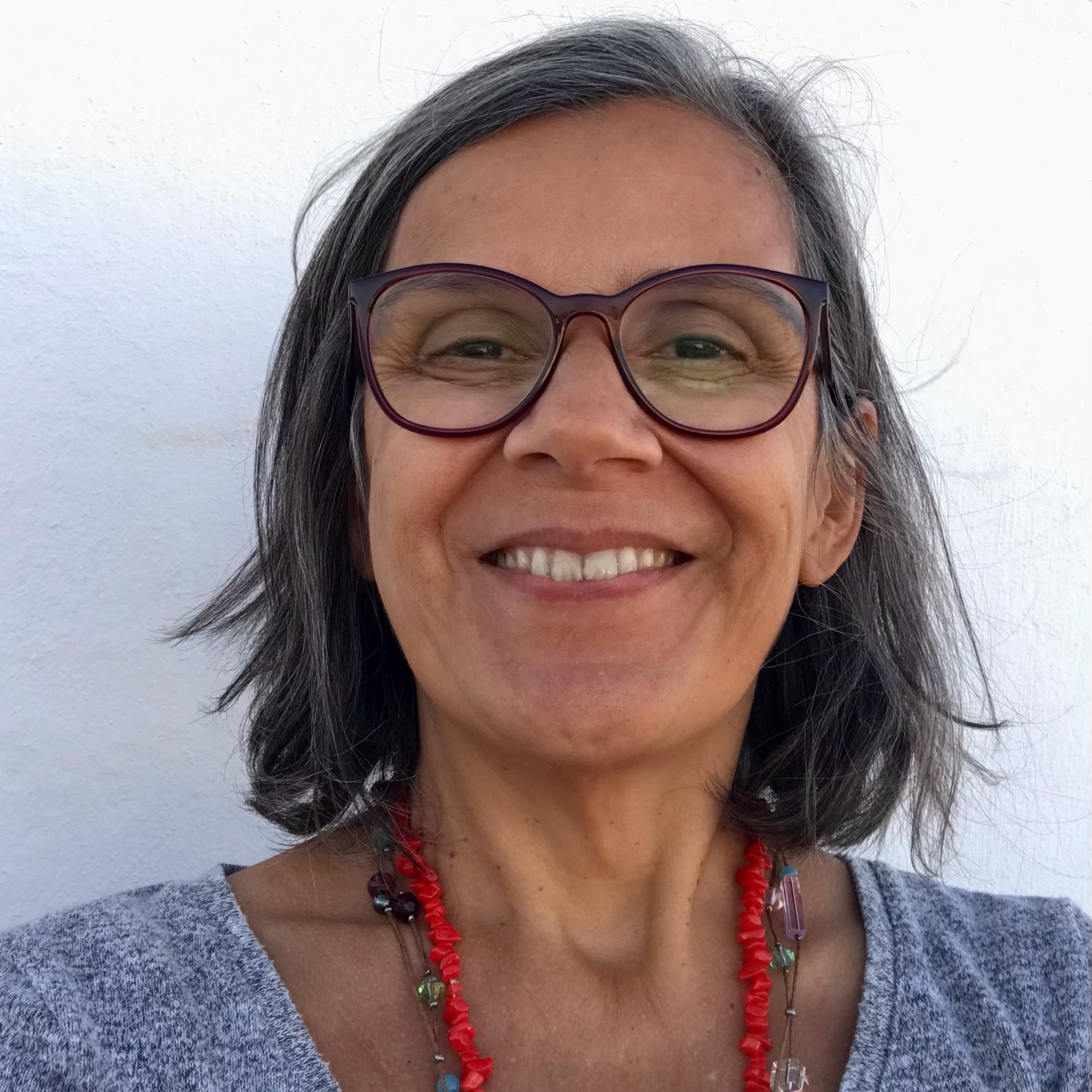
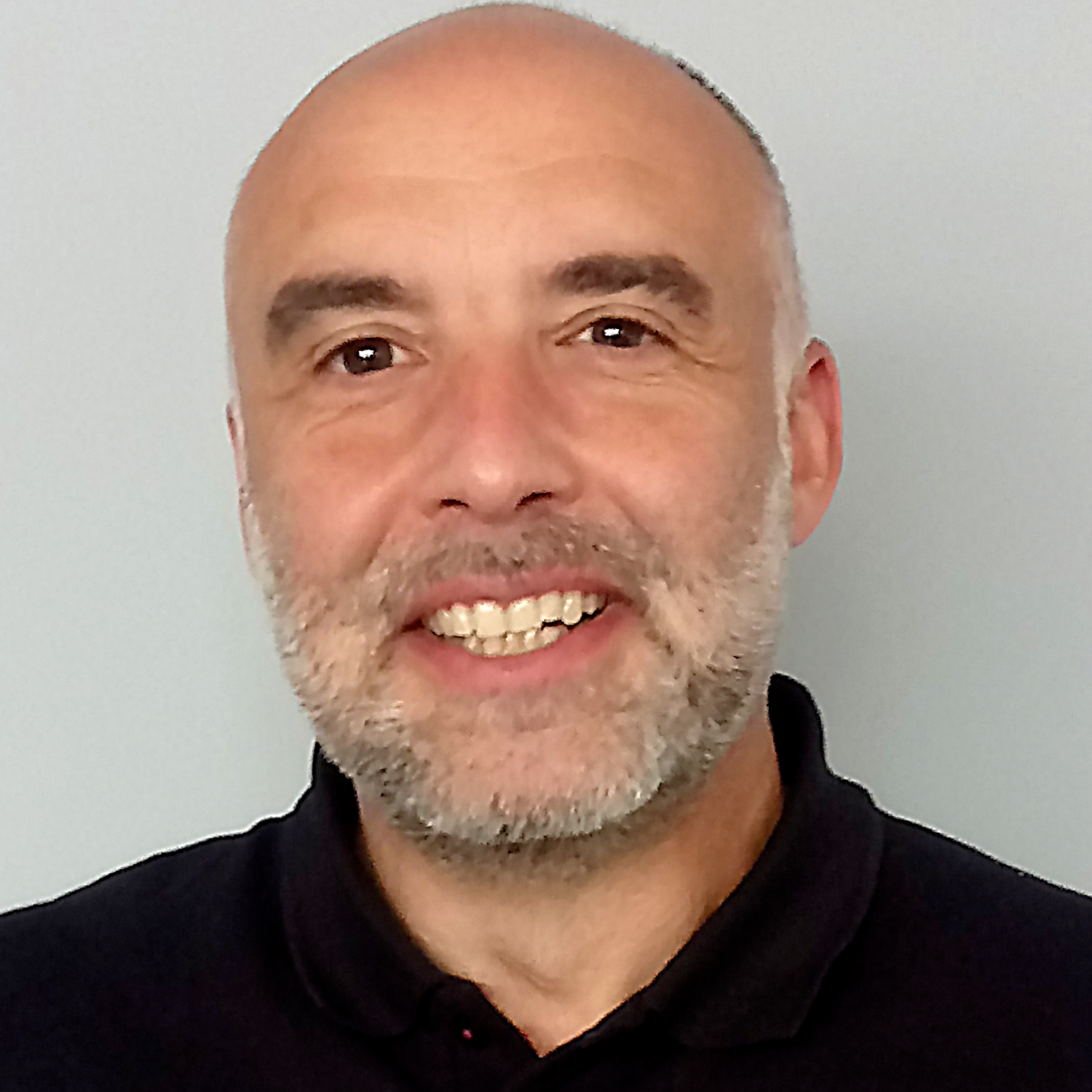
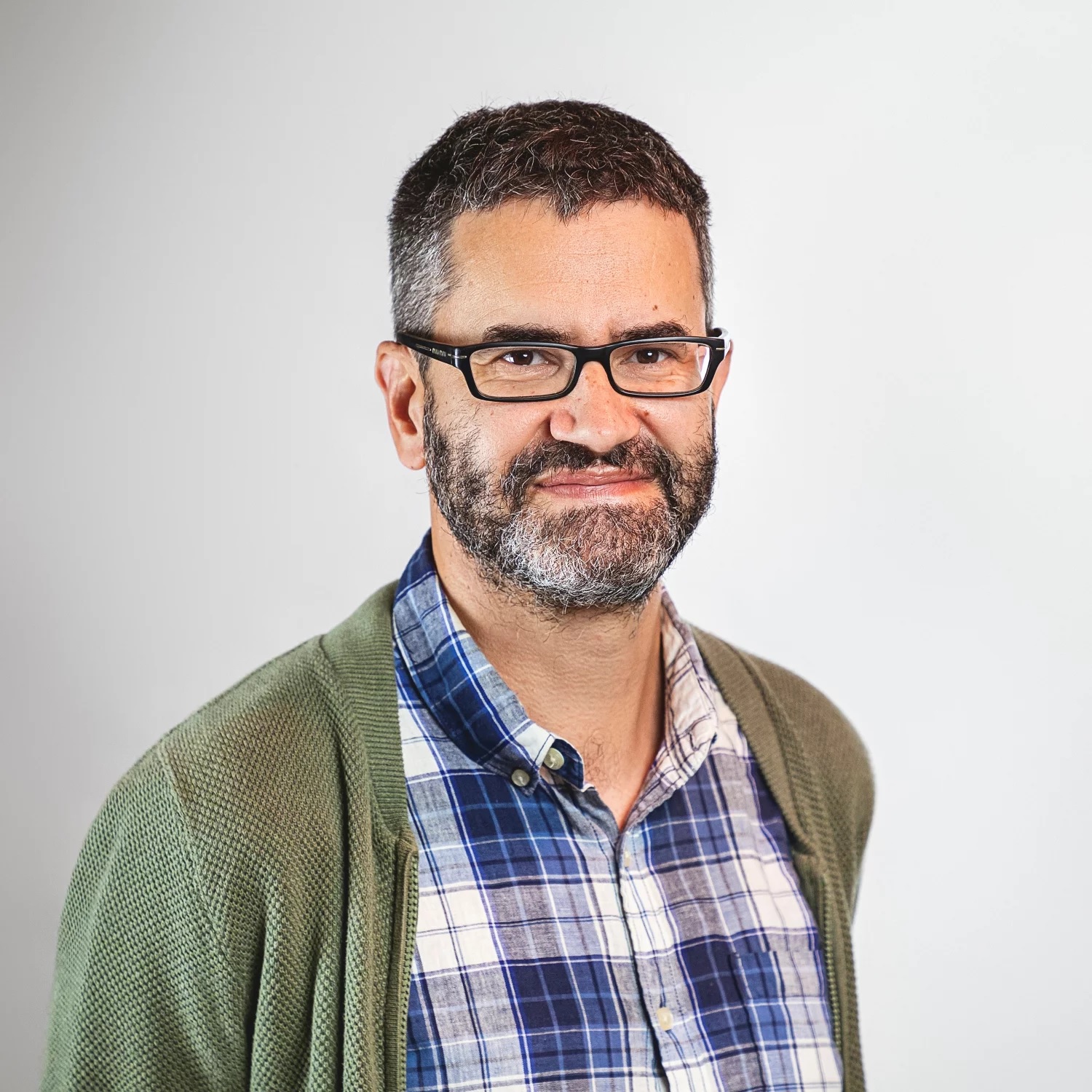
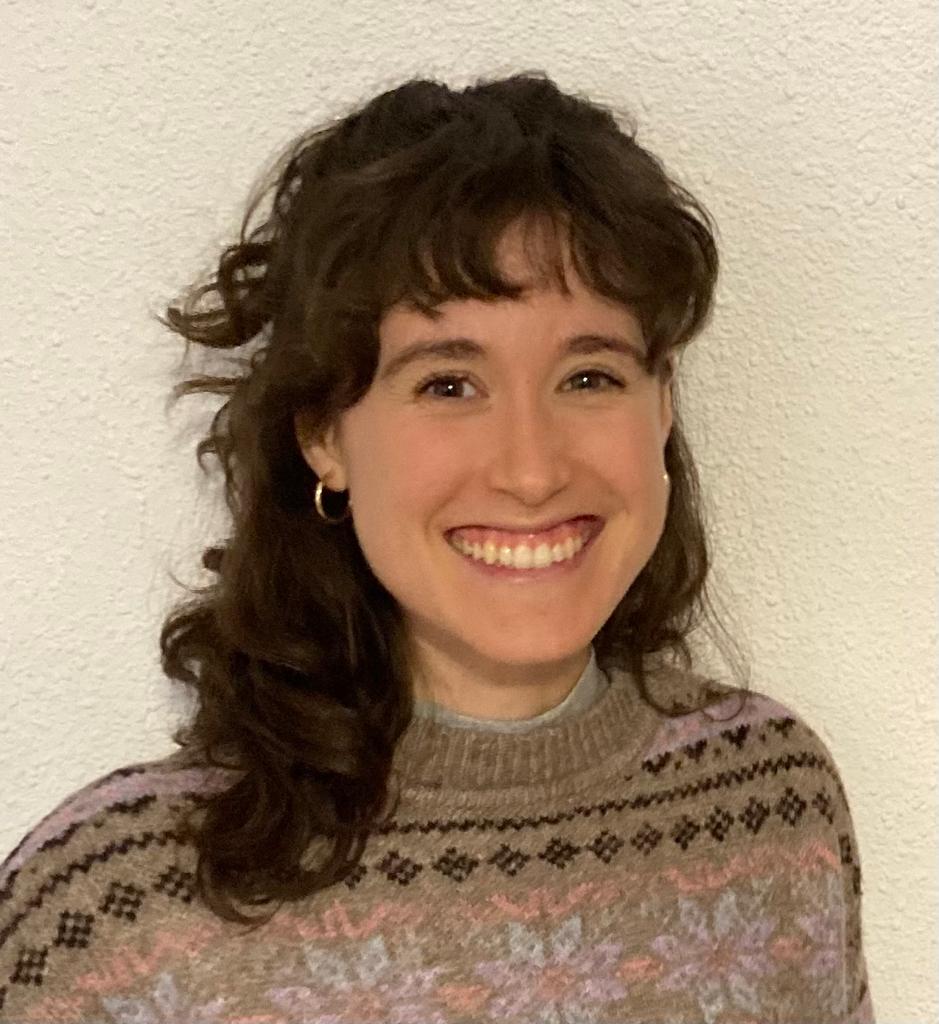
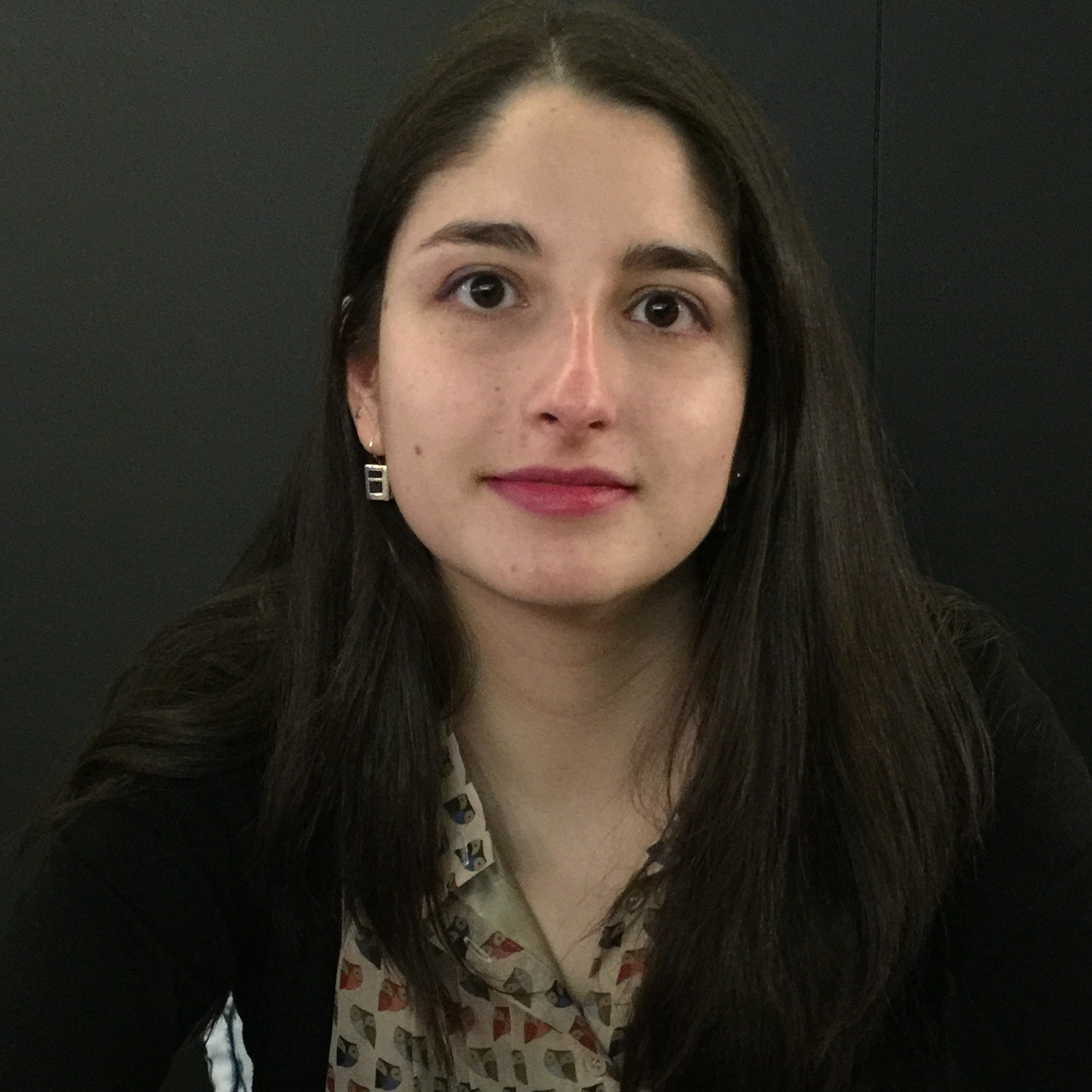
Speakers
-
 Paulo QuaresmaVice-Rector for Research, Innovation, and Internationalization of the University of Évora Full Professor of the Informatics Department of the University of Évora.
Paulo QuaresmaVice-Rector for Research, Innovation, and Internationalization of the University of Évora Full Professor of the Informatics Department of the University of Évora.Paulo Quaresma is Vice-Rector for Research, Innovation and Internationalization at the University of Évora and a Full Professor at the Department of Informatics at the same University. In 2021 he was Member of the Board of Directors of FCT – Portuguese Foundation for Science and Technology. At the University of Évora, he was Vice-Rector for Research and Development from 2014 to 2018 and Director of the School of Science and Technology from 2009 to 2013. He holds a PhD in Informatics from Universidade Nova de Lisboa, specialized in Artificial Intelligence and Natural Language Processing. He was responsible or coordinator of several research projects, funded by Portuguese and European entities and published more than 100 scientific articles in international journals and conferences.
-
 Renata VieiraProfessor, UEVORA
Renata VieiraProfessor, UEVORAMy current research is concerned with Semantics and Digital Humanities.
I am a researcher at CIDEHUS (Interdisciplinary Centre for History, Cultures and Societies) of the University of Evora, Portugal. My background is on Artificial Intelligence, Natural Language Processing and Ontologies, I am involved in Digital Humanities and NLP projects with researchers from History, Linguistics, Archeology and Tourism. Our focus is on information technology and semantic issues related to tangible and intangible heritage. I coordinate the CIDEHUS Digital Humanities Lab.
-
Cassia TrojahnUniversity of Toulouse
-
 Gaël DIAS (University of Caen Normandy)Full Professor, University of Caen Normandie (UNICAEN)
Gaël DIAS (University of Caen Normandy)Full Professor, University of Caen Normandie (UNICAEN)My research mainly deals with Natural Language Processing.
I am a full professor at the University of Caen Normandie, where I develop my research activities in NLP at the CNRS GREYC UMR 6072 Laboratory. My main research interests include : lexical semantics, information digestion, multimodality for applications in visual impairment, mental health and digital humanities. I am currently co-Director of the GREYC, member of the Administration Council of the French Association for Artificial Intelligence and associate researcher at the Blood and Brain Institute. I co-published more than 150 papers in the most prestigious venues of NLP. -
 José RamomR&D Director at IMAXIN and NLP Post-doc Researcher at Proxecto Nós (CITIUS)
José RamomR&D Director at IMAXIN and NLP Post-doc Researcher at Proxecto Nós (CITIUS)I am one of the founders of the NLP specialized company imaxin|software since 1997. I am currently a postdoc in machine translation at Proxecto Nós (Citius).
I am a computer engineer from the Universidade da Corunha and founder of the company imaxin|software in 1997. Since 2006 I have been responsible for NLP projects, mainly in the field of machine translation and software localisation. Within the company I have participated in more than 15 research projects with companies and Universities, related to NLP. In addition, in 2020 I defended a PhD on the calculation of the automatic distance between languages, which has allowed me to participate in a postdoc in machine translation within the Proxecto Nós of the USC led by Citius. I am very interested in the social impact of technology. -
 Patricia MartínAssistent Professor, University of A Coruña (UDC)
Patricia MartínAssistent Professor, University of A Coruña (UDC)My research focuses on the language, software and humanities intersection, and how technology and linguistic information help us solve humanistic and social problems.
I am assistant professor at the information retrieval lab (University of A Coruña). With background in software engineering, a PhD. in cultural heritage domain, a postdoc specialization in linguistics and computing and several stays abroad (Chile, Portugal, France), I focus on the study of the interconnection between humanities, software engineering and language. I have been involved in several european (i.e. FP7 ARIADNE, COST Action SEADDA) and national projects in Digital Humanities, Computational Linguistics, Software Engineering and Information Retrieval. How can we use technology to treat the information contained in our language, so that it helps us solve humanistic and social problems? Is my main research questions, with different directions in computational linguistics, social networks, corpus and heritage studies, etc. I am also especially involved in the training of hybrid profiles at all education levels (undergraduate, master’s, postgraduate, Ph.D.) in Digital Humanities. -
 Beatriz Calderón CerratoPredoctoral Researcher at the Institute for Heritage Sciences (Incipit) at the Spanish National Research Council (CSIC)
Beatriz Calderón CerratoPredoctoral Researcher at the Institute for Heritage Sciences (Incipit) at the Spanish National Research Council (CSIC)Beatriz Calderón-Cerrato is a predoctoral researcher at the Institute for Heritage Sciences (Incipit) at the Spanish National Research Council (CSIC). Previously, she graduated in Spanish Language and Literature from the University of Balearic Islands. She studied a master’s degree in applied linguistics at the University of Santiago de Compostela. Her current research focus on discourse analysis applied to dissonant heritage and feminism using argumentation, ontologies, and agency analysis.

